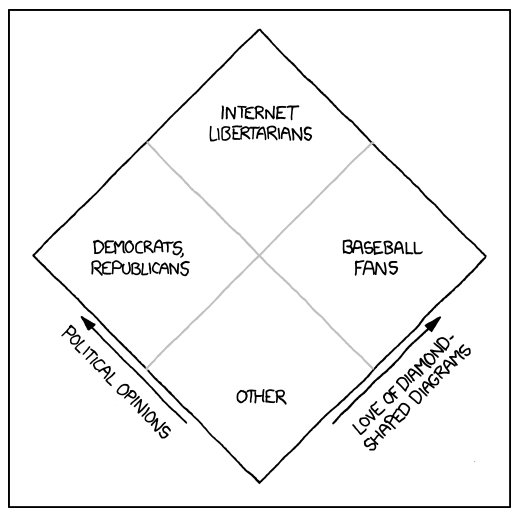A look at how the internet in China has the power to (sometimes) punish corrupt officials and influence the government:
Corruption and viral marketing has provided the Chinese government with a powerful tool for controlling public opinion. It all began when Chinese companies realized that they could hurt competitors by planting damaging rumors on the Internet. This, even in China, is illegal. But the corruption in China being what it is, there was little risk of getting the police to hunt down and punish the perpetrators. This was partly because the marketing firms, hired by companies to burnish their image, or defame competitors, was careful to have other small outfits get on the Internet to actually do the work, and be careful to not be traceable. So the cops, when forced by companies to do something (often because the owner of the offended firm was well-connected politically), were stymied at first. But the police, declaring it a national security issue, eventually discovered how this was done. But this did not stop all these negative campaigns. To defend themselves, companies that were attacked by these Internet disinformation campaigns, fought back.
This use of negative tactics soon fell out of favor, as all those tarnished companies lost sales. So these Internet based opinion manipulation turned to praising your own products. About this time, the government discovered what was going on, and began to use these marketing companies, and their subcontractors, to change opinions towards government policies. There was a pressing need for this, because all this Internet opinion manipulation had started out, over the last decade, as a popular uprising against government corruption, mistreatment and media manipulation. This “online army” was not organized, except by outrage at government, or individual, wrongdoing. For example, many government officials, and their high-spirited offspring, injure or steal from ordinary citizens, and get away with it. These officials have enough political clout to make the police leave them alone. But once the online army gets onto these stories, everyone in the country knows, and is angry. There are over 400 million Internet users in China, a country of 1,400 million. When a lot of people on the Internet get angry enough, the story, and anger, explodes through the Chinese Internet community. China carefully monitors Chinese Internet use, and tries to block unwelcome information or discussions. But when the outrage on a particular item becomes too large, it’s better to just arrest and punish the guy whose misbehavior got the online army going in the first place.
Who knew that sockpuppeting would be such a valuable online tactic in China? It might not just be limited to China, however:
If the Chinese wanted to use this tool in other countries, they would require posters who are familiar with the language and culture of the target population. That’s difficult skill to acquire, especially for at least a few hundred posters required (to hit, regularly, hundreds of message boards, chat rooms and so on). Done right, you can shift opinions among millions of people in a few days. Done wrong, you fail. And if you’re operating in a foreign country, you might get found out. But the opportunity is there.




